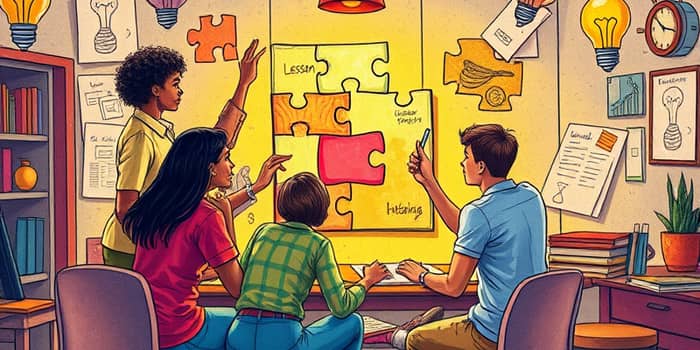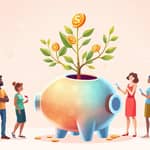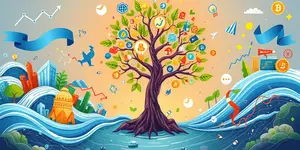
Facing setbacks is inevitable—whether in academia, business, or personal pursuits. Yet every failure can become a catalyst for growth if we choose to reinterpret it. Drawing from psychology, education, and organizational research, this article offers a comprehensive guide to transforming losses into future successes. By adopting structured frameworks and cultivating resilient mindsets, individuals and teams can foster innovation, deepen learning, and build lasting resilience.
The concept of reframing losses for deeper insight hinges on Carol Dweck’s idea of a growth mindset: the belief that abilities can be developed through effort and learning. Unlike a fixed mindset, which treats setbacks as proof of inherent limitations, a growth mindset views failure as an essential part of progress. By shifting our perception, we can embrace challenges, persist through obstacles, and ultimately achieve greater success.
Mindset shapes how we interpret setbacks. Research shows that individuals with a growth mindset demonstrate higher resilience and more creative problem-solving than those with a fixed perspective. When failure is seen as a learning opportunity, it fosters intellectual curiosity and reduces fear of future risks.
Emotionally, reframing failure requires building resilience through reflective practice. Instead of avoiding discomfort, individuals learn to sit with negative emotions, extract lessons, and re-engage with renewed confidence. Over time, this practice reduces anxiety around risk and fosters a culture of continuous growth.
In educational settings, structured reflection tools can transform mistakes into stepping stones. The IDeAS process, for example, guides learners to identify issues, diagnose causes, and apply solutions without assigning blame. Post-event debriefings encourage students to consider not only what went wrong but also how to improve next time.
Mentors and teachers who create safe environments for meaningful experimentation empower learners to take calculated risks. When mistakes are normalized as part of the learning journey, curiosity thrives and students develop a habit of continuous inquiry that extends beyond formal education.
Effective leaders model vulnerability by openly sharing their own setbacks and insights. This transparency signals that risk-taking is valued and that failure is not a career-end but a valuable data point. By setting SMART goals—with explicit room for experimentation—teams can pursue bold initiatives while maintaining clear metrics for success.
Recognition programs such as “Innovation of the Month” celebrate creative efforts even when outcomes fall short. This approach reinforces the notion that experimentation, iteration, and learning are as important as final results. When employees know that valuable lessons will be highlighted, they are more likely to push boundaries and think outside the box.
To operationalize these insights, follow a simple five-step framework:
By embedding this cycle into your routine, you create a self-reinforcing culture of improvement where each setback leads to stronger strategies and smarter decision-making.
When processed constructively, failures yield a wealth of skills and opportunities:
Organizations that document and circulate these insights build a shared knowledge base that accelerates future success. Share and document lessons learned ensures that everyone benefits from hard-earned wisdom.
Despite clear benefits, reframing failures can be challenging. Under stress, teams often revert to blame or avoidance. Without intentional support, deep-seated beliefs about perfectionism and criticism can derail progress.
To overcome these hurdles, prioritize ongoing training, transparent communication, and visible leadership commitment. When setbacks are treated as collective learning events, blame evaporates and growth flourishes.
Educational institutions using post-mortems on group projects report higher student engagement and deeper mastery of material. The LEGO Foundation’s “Creating Creators” report underscores that playful experimentation with built-in failure modes fosters problem-solving prowess in young learners.
In the corporate realm, companies that hold regular debrief sessions and reward innovative attempts—regardless of outcome—demonstrate 20-30% higher adaptability in changing markets. Entrepreneurs also rely on iterative prototyping, pivoting rapidly based on feedback from unsuccessful trials.
Reframing losses as learning is not a one-time event but a continuous journey. By adopting a growth mindset, applying structured reflection processes, and fostering organizational practices that celebrate experimentation, individuals and teams can transform every failure into an opportunity for lasting improvement.
Start today by acknowledging a recent setback, extracting lessons, and integrating them into your next plan. Over time, you will build unshakeable resilience and sustainable progress, proving that the greatest victories often arise from our toughest challenges.
References













